British Gas Vows to Prioritize Customers After Losing Top Spot to Octopus Energy
Centrica CEO Pledges to Make Customer Service a Top Priority as Profits Drop by a Third to £2.3bn
The chief executive of British Gas has called on staff to focus on improving customer service and lowering energy bills after the company lost its position as the UK’s largest energy supplier for the first time in four decades.
Chris O’Shea, CEO of Centrica, the parent company of British Gas, said that ensuring high-quality service would remain his top priority after Octopus Energy overtook British Gas as the country’s leading energy provider last year.
“This should motivate my dedicated colleagues at British Gas,” O’Shea said. “However, I don’t spend my time worrying about rankings. What matters to me is how quickly we answer customer calls, how we handle complaints, the prices we offer, and the overall service experience. That will always be my main concern.”
British Gas has faced criticism over its customer service, particularly as the energy crisis has led to rising bills and concerns over faulty smart meters. Losing its market leader status marks a significant moment in the energy industry, with Dan Morris, CEO of consulting firm Cornwall Insight, calling it “the biggest development in the domestic retail energy market since it was opened to competition.”
Despite increased competition, British Gas has managed to maintain a relatively stable customer base. Centrica’s latest financial results, released on Thursday, show that British Gas now serves 7.46 million households, a slight decline from 7.53 million in 2023. This gives the company a 23.1% market share, just behind Octopus Energy’s 23.7%.
O’Shea emphasized that keeping energy bills affordable depends on developing a resilient energy system with a reliable supply. He confirmed that Centrica is in discussions with the government about maintaining its Rough gas storage facility and investing in the Sizewell C nuclear power plant alongside EDF in Suffolk.
Centrica has warned that gas bills could increase by billions of pounds unless the government backs its proposed £2bn investment to upgrade the Rough gas storage site off the Yorkshire coast. O’Shea stated that the facility, which incurred losses in the latter half of last year, would not continue operating unless it became financially sustainable. While Centrica does not require direct government funding, it is seeking revenue guarantees similar to those provided for other energy infrastructure projects.
The company is also in negotiations with the government regarding a potential minority stake in Sizewell C, but O’Shea stressed that any investment must deliver the necessary financial returns.
Centrica, a FTSE 100 company, reported adjusted earnings of £2.3bn for last year, marking a one-third decline from the £3.5bn profit recorded in 2023. The previous year’s earnings had been boosted by a £500m windfall from the energy regulator Ofgem, which allowed suppliers to recover unexpected costs from the energy crisis by adjusting the energy price cap.
British Gas’s operating profit dropped to £297m in 2023, but Centrica noted that when excluding the impact of the Ofgem allowance, the company’s performance remained relatively stable compared to the previous year.
As British Gas navigates this transition, the company’s leadership remains focused on improving service quality and ensuring a more competitive energy market for UK households.


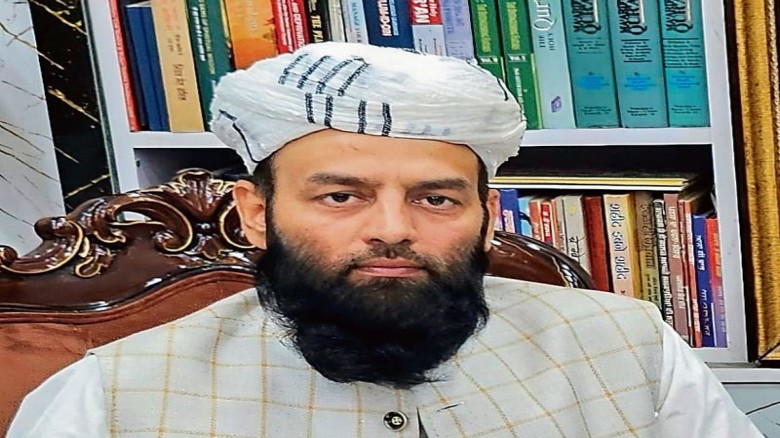



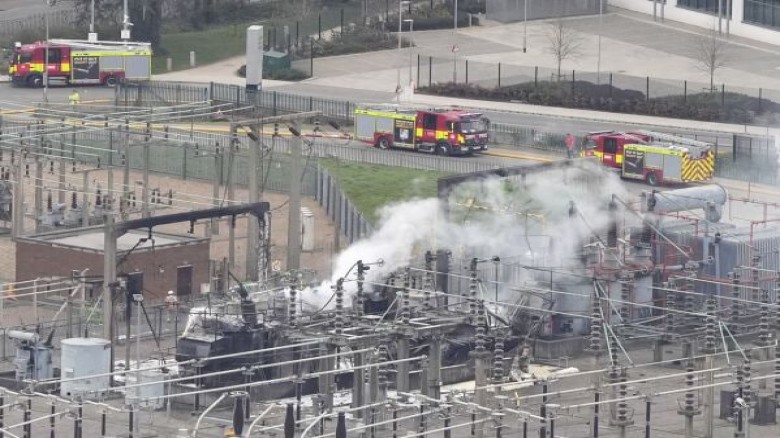


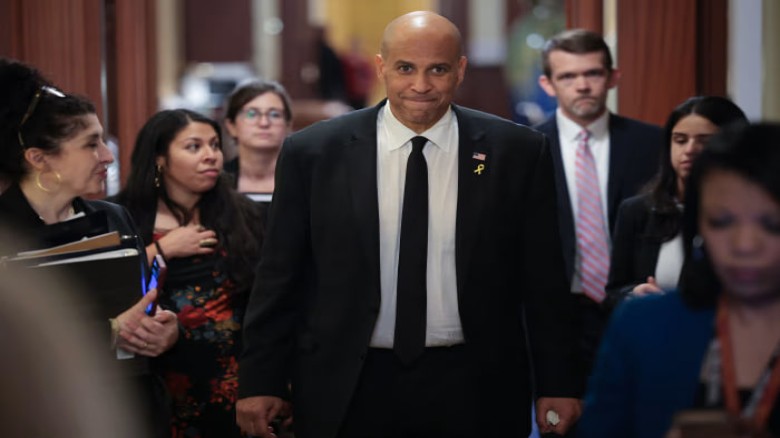
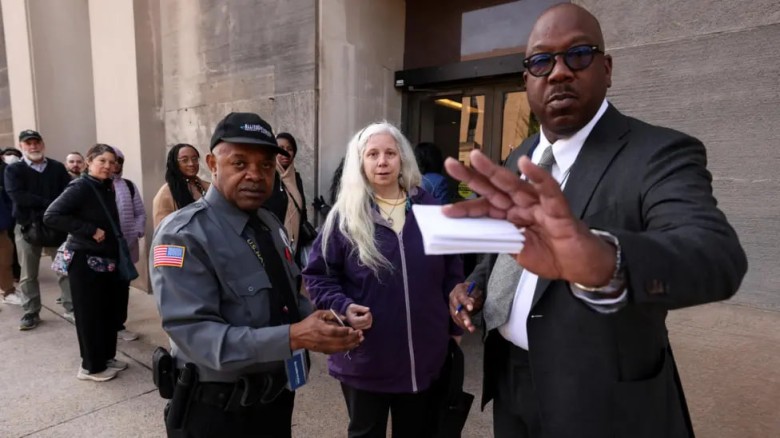

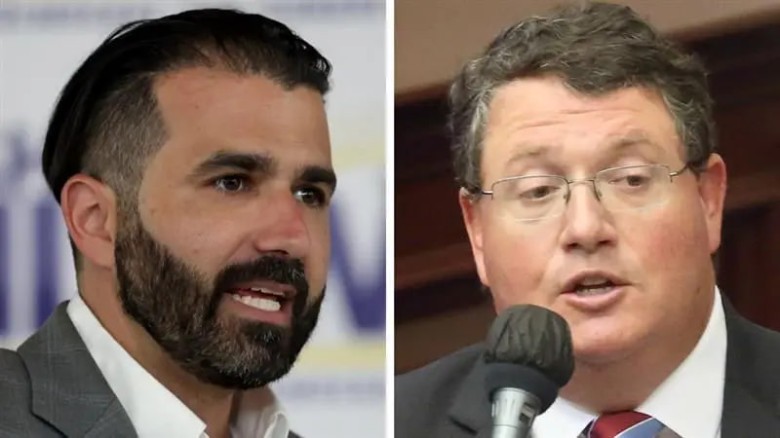

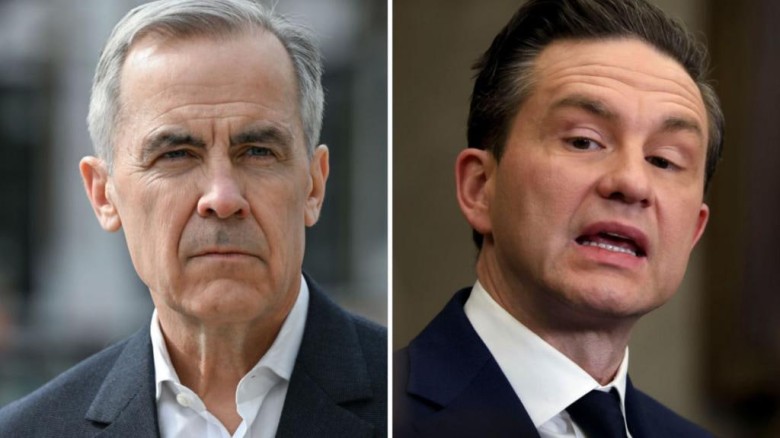
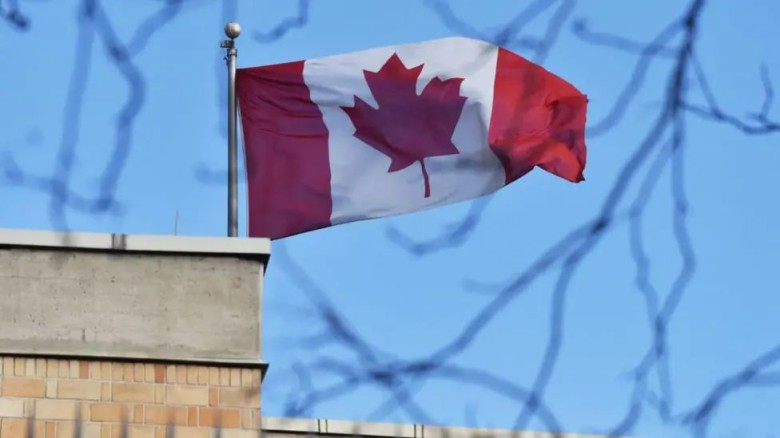
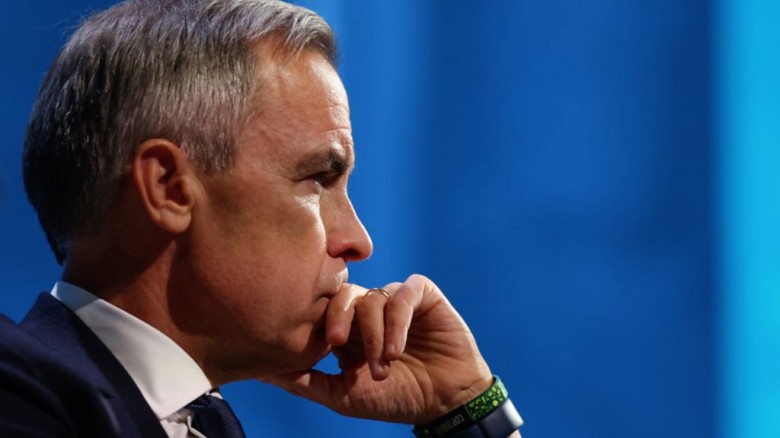

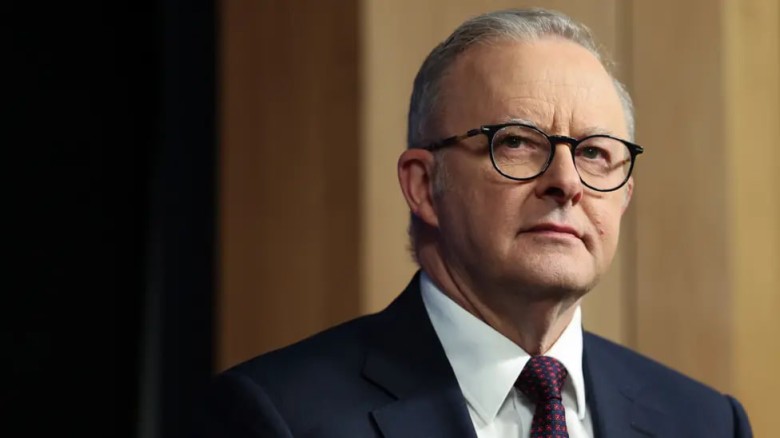




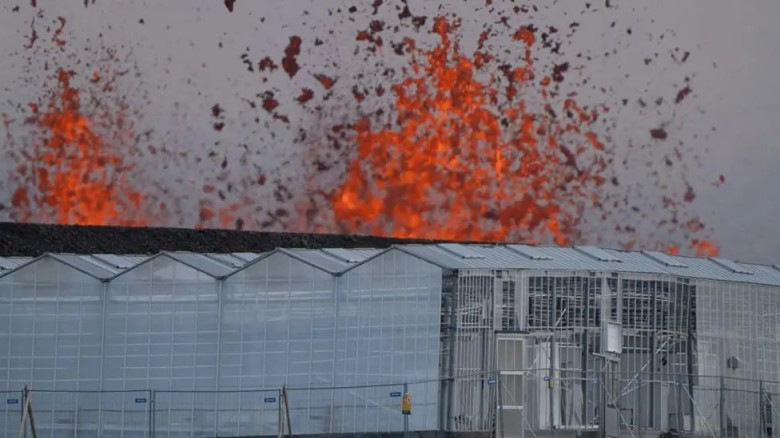
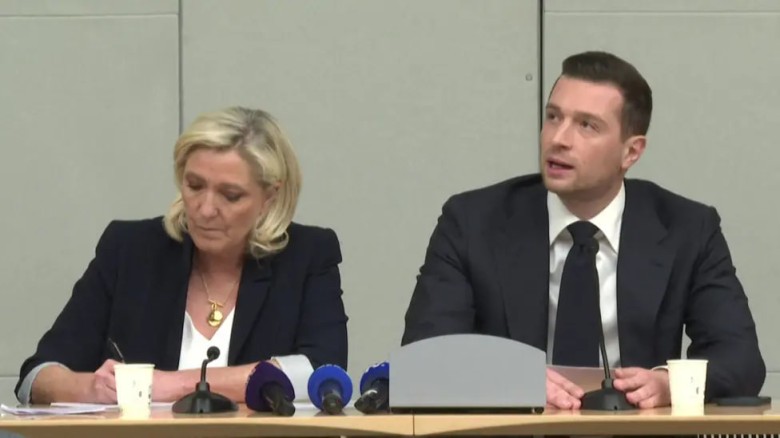

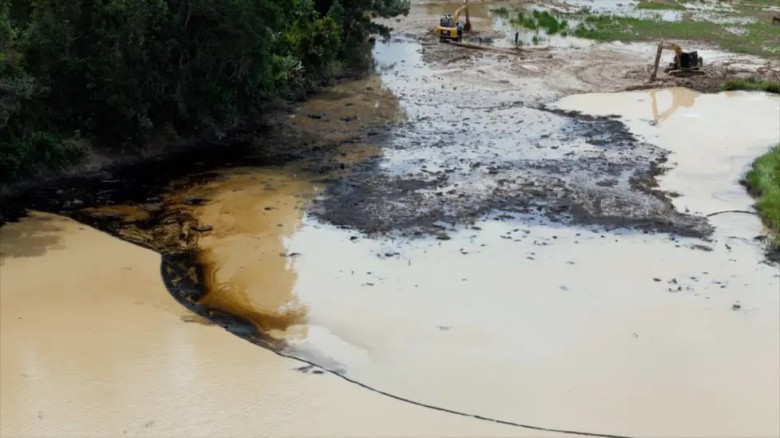







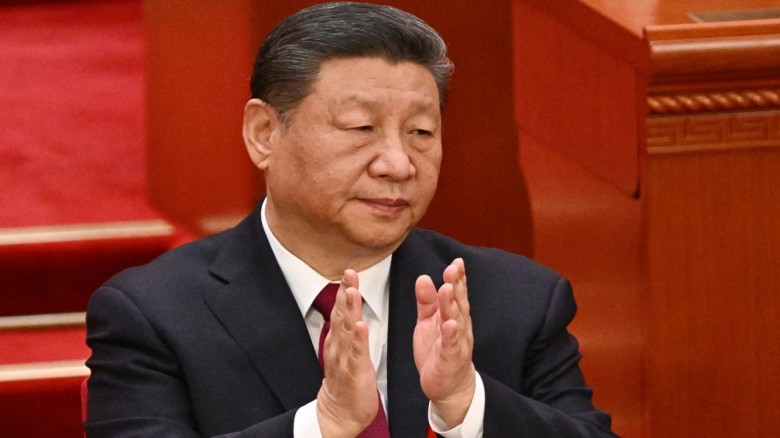
































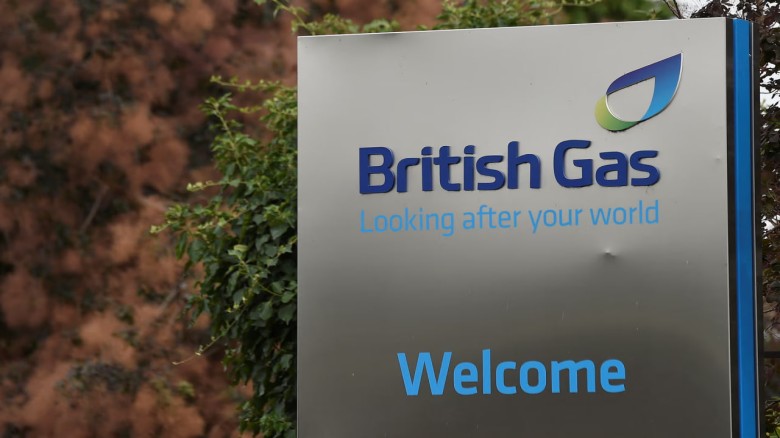


Leave A Comment